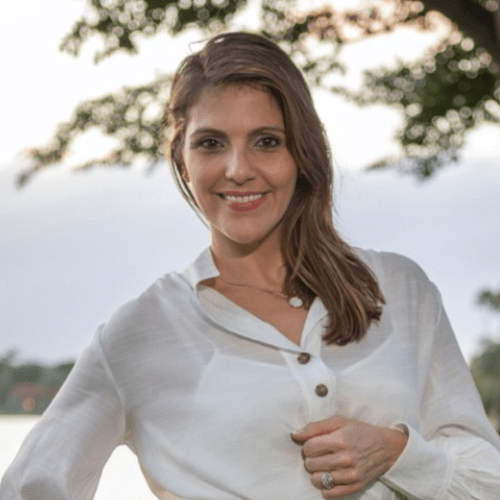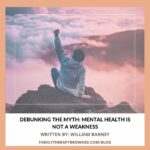
What do Long Covid Symptoms look like?
By: Dr. Dagmar Nuñez, Psy.D.-
The Covid19 pandemic is (almost?) over. However, we continue to learn about the consequences of this virus. More people are reporting symptoms that linger after they had Covid19. This condition is known as Long Covid or long haul Covid and we now know that the severity of the case does not matter.
The possibility of having Long Covid is similar for those who had severe or mild cases of the virus. It can run from a person who needed hospitalization to those who only experienced a cough and runny nose. Pre-existing conditions, such as lung disease, diabetes, obesity, heart disease, etc. can put a person at a higher risk of having Long Covid.
Long Covid symptoms typically appear around a month after a person had Covid19, to a year later.
Some symptoms may be confused with complaints of unease and malaise which tend to be dismissed by health care professionals. Research continues to grow on this topic. This helps us comprehend and provide better assessments and treatment.
Evidence suggests that there are up to 200 different Long Covid symptoms.
The most common symptoms include fatigue, brain fog, short-term memory loss, confusion, problems with attention and concentration, loss of taste and smell. and difficulties performing physical tasks. Other common symptoms are joint and muscle pain, digestive issues, blood clots and vascular problems, rash and changes in menstrual cycle.
Long Covid can have a significant impact on a person’s day-to-day functioning. For example, having a normal day, with typical daily activities, such as working, exercising, taking care of yourself and your family, can be exhausting. For some, these issues can put their jobs at risk, which may cause reactive anxiety and depression.
What does Long Covid look like in real life?
It can be a mom in her late 40’s who had Covid19 several months ago. She began having weird symptoms about three weeks after she “recovered from Covid19”. She had body aches; she was forgetting things that happened a minute ago. She was tired all the time, even if she did not do much for the day. Her husband worried that she may be getting sick again. She even got lost while driving and her work was not getting done. She worried and felt anxious that she would be fired from her job. She went to her primary doctor.
Initially, her doctor believed that it could be depression then he referred her to get a psychological evaluation. The results showed inattention, memory problems and emotional distress. The type and timeline of her symptoms were consistent with Long Covid. She was recommended to take some time to rest, reset and recover, eat healthy and practice mindfulness to cope with the stress. Although, it was not easy to pause her life, it was necessary to avoid worse problems like losing her job and falling into chronic depression.
What can you do if you may have Long Covid?
- Track your symptoms. When did it start? How much have they progressed? What are you doing to cope and treat your symptoms?
- Follow up with your healthcare provider. They know how to help. The medication and treatment can vary depending on your symptoms.
- Pace yourself. Use your limited energy wisely.
- Use organizational strategies to focus on priorities. Remove distractions and waste of mental energy. This can also help improve your attention and memory skills.
- If you are having attention and memory problems, cognitive rehabilitation can help you.
Contact us to schedule a psychological evaluation. We can help you determine a diagnosis and create a personalized treatment plan for your symptoms.
Written by Dr. Dagmar Nuñez, Psy.D.

From Dr. Nuñez's bio...
“Being a mother with all its joys and tears, a stepmother of two who lost their mother, a spouse with all that it entails, growing her career, financial issues, and the grief of losing my mother to suicide. I just want you to know that I understand where you are now. Which allows me, not only guide you with my expertise, but help you walk your unique journey. I look forward to working with you”






